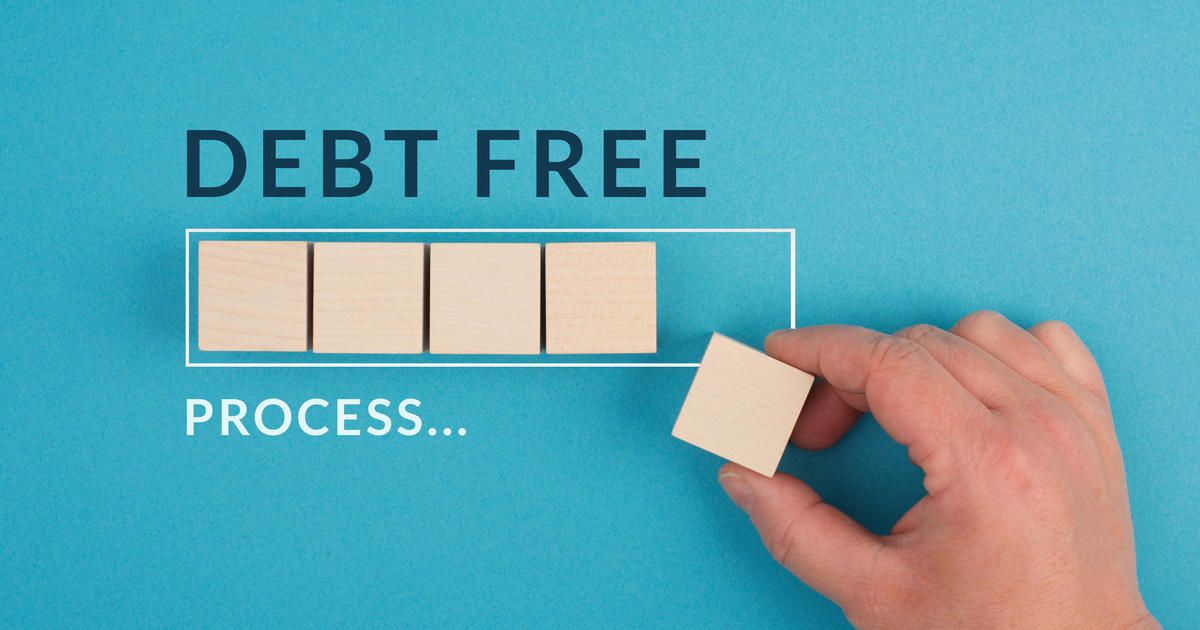Millions mistakenly carry balances to improve credit scores
Most consumers know that it's easy to rack up debt with a credit card, but millions are doing so in the mistaken belief that carrying debt improves one's credit score. About 43 million -- or more than 1 in 5 who use credit cards -- say they've carried a balance to increase their appeal to lenders.
Carrying debt means many are needlessly paying interest, or, as Matt Schulz, CreditCard.com's senior analyst put it: "Americans are essentially attempting to pay their card issuers to improve their credit scores."
A report released Monday by CreditCard.com found lower-income holders of plastic more likely to believe that revolving debt helped their credit standing, while 30 percent of those earning less than $50,000 acted on that view, compared to 19 percent of those making more.
Education also proved to be a factor, with 27 percent of cardholders without a college degree carrying card debt for the faulty reason compared to 12 percent of those with the diploma.
The false and costly notion is more commonly held by younger consumers, with 28 percent of millennials (those between 18 and 37) and 25 percent of Gen Xers (38 to 53) saying they'd carried a balance to boost their credit scores, a statement made by just 16 percent of folks 54 and older.
In fact, carrying a balance is not one of the five factors that go into a FICO credit score, other than a balance could hurt if one's credit-utilization ratio is too high.
So how can consumers improve their credit scores?
- Payment history is the most important factor, comprising 35 percent of the overall score. That's because past long-term behavior is viewed by FICO as a predictive of future conduct. Making consistent, timely payments goes a long way towards improving one's score.
- Credit utilization, or the percentage of available credit borrowed, makes up 30 percent of a FICO score. People who make a habit of maxing out their cards or getting close to their limits are viewed as potentially irresponsible handlers of debt.
- Length of credit history, or the time each account has been open and the amount of time since the most recent use, is 15 percent of one's score. Therefore, those without a credit history should start using credit, and those with credit should maintain long-standing accounts and not close them.
- New credit and credit mix each make up 10 percent of a credit score. Opening too many credit lines at once is a red flag of potential financial trouble, while repaying a variety of debt shows the borrower can handle all sorts of credit and installment loans.
"Carrying a balance will never improve your credit," Schulz reiterated in a statement. "With [credit card] interest rates at an all-time high, cardholders should aim to pay their bills in full every month, and, more importantly, pay on time."



